Home>Dining>Events & Etiquette>What Are Bad Table Manners?


Events & Etiquette
What Are Bad Table Manners?
Modified: January 9, 2024
Discover the importance of good table manners with expert advice on events etiquette. Avoid bad table manners and make a positive impression at any gathering.
(Many of the links in this article redirect to a specific reviewed product. Your purchase of these products through affiliate links helps to generate commission for Storables.com, at no extra cost. Learn more)
Introduction
When it comes to social gatherings and formal events, having good table manners is crucial. Not only do proper table manners demonstrate respect for others and the hosts, but they also contribute to a pleasant and enjoyable dining experience for everyone involved. On the other hand, bad table manners can be off-putting and may leave a negative impression on those around you.
In this article, we will explore some common examples of bad table manners and why they should be avoided. So, whether you’re attending a business dinner, a family gathering, or a special event, read on to ensure that your table etiquette is on point.
Key Takeaways:
- Practice good table manners to show respect, create a pleasant dining atmosphere, and leave a positive impression on your companions and hosts. From using utensils properly to expressing gratitude, etiquette enhances the dining experience.
- Avoid bad table manners like talking with food in your mouth, using your phone at the table, or belching. By being mindful of your behavior, you contribute to a more enjoyable and refined dining experience for everyone.
Talking with Food in Your Mouth
One of the most basic and important rules of table etiquette is to avoid talking with food in your mouth. It is not only considered impolite and unappetizing, but it can also be difficult for others to understand you or engage in a conversation. When you have food in your mouth, it is best to finish chewing and swallow before speaking.
Not only does talking with food in your mouth show poor manners, but it can also lead to some embarrassing situations. Bits of food can get stuck in your teeth or fly out while you’re talking, which can be quite distracting and uncomfortable for others.
Furthermore, talking with food in your mouth can create a mess on the tablecloth or around your plate, and it can also increase the risk of choking. To avoid these issues and show respect to your dining companions, wait until you have swallowed your food before engaging in conversation.
In addition, try to maintain a pleasant and relaxed atmosphere during mealtime. Engage in light-hearted conversations, listen attentively to others, and take turns speaking. By following these guidelines, you will contribute to a more enjoyable dining experience for everyone involved.
Chewing with Your Mouth Open
Chewing with your mouth open is another bad table manner that can make people around you uncomfortable. Not only is it visually unappealing, but it can also be quite distracting and off-putting for others who are trying to enjoy their meal.
When you chew with your mouth open, you’re not only displaying the contents of your mouth, but you’re also making loud smacking and slurping noises that can be quite unpleasant. This behavior is considered impolite in most cultures and is best avoided in formal and social dining settings.
Chewing with your mouth closed demonstrates respect for others and allows for a more enjoyable dining experience. It helps to contain the sounds and sights of chewing, making the meal more pleasant for everyone involved.
Additionally, chewing with your mouth closed can help prevent food particles from flying out and landing on the table or your dining companions. It also promotes better digestion as chewing with your mouth open can lead to swallowing excessive air, which can cause indigestion and discomfort.
Remember, good table manners include keeping your mouth closed while chewing, taking smaller bites, and chewing your food thoroughly before swallowing. By doing so, you’ll not only demonstrate respect for your dining companions, but you’ll also ensure a more enjoyable and civilized dining experience.
Talking or Laughing Loudly at the Table
When dining in a formal or social setting, it’s important to be mindful of the volume of your voice. Talking or laughing loudly at the table can be disruptive and disrespectful to others around you. It can make it difficult for others to carry on their own conversations or enjoy their meal in peace.
Having a conversation at the table should be done in a moderate and considerate manner. Speak in a tone that is audible to those near you, but not so loud that it draws unnecessary attention or disturbs the ambiance of the event.
Similarly, laughing loudly at the table can also be seen as impolite. While it’s perfectly fine to share a genuine laugh and enjoy the company of your dining companions, try to gauge the volume of your laughter and avoid boisterous or excessive laughter that can disrupt the tranquility of the dining experience.
Additionally, be aware of the topics of conversation when dining in public. Avoid discussing sensitive or controversial subjects that could make others uncomfortable. Respect the diverse opinions and beliefs of those around the table and choose topics that are more light-hearted and inclusive.
By talking and laughing at a moderate volume, you’ll create a more pleasant and harmonious dining atmosphere. Show consideration for others and allow them to enjoy their meal and engage in conversations without feeling overwhelmed or sidelined by your loudness.
Remember, good table manners include being aware of your surroundings and adjusting your volume accordingly. Being mindful of your voice and laughter will contribute to a more enjoyable and respectful dining experience for everyone involved.
Using Your Utensils Improperly
Properly using your utensils is an essential aspect of table etiquette. Using them incorrectly can not only make you look unrefined but can also be quite frustrating for those around you. Here are a few common mistakes to avoid:
- Holding your utensils improperly: When using a fork and a knife, hold the fork in your left hand and the knife in your right hand (if you are right-handed). If you are left-handed, you can switch the hands accordingly. Hold the utensils with a firm but relaxed grip.
- Using the wrong utensil: Each utensil on the table has a specific purpose. Use the fork for picking up solid foods, the spoon for soups or eating liquids, and the knife for cutting or spreading. Avoid using your hands whenever possible, except when eating finger food.
- Resting your utensils incorrectly: When taking a break from eating, place your utensils on the side of your plate or rest them on your bread plate. Avoid placing them in the food or on the tablecloth as it can be unclean and unsightly.
- Slurping your soup or drinks: Frankly, slurping your soup or drinks is considered impolite. Use the spoon to sip the soup gently without making any loud noises. Similarly, drink from your glass without creating unnecessary sounds or slurps.
- Using your hands when unnecessary: While it is acceptable to use your hands when eating certain finger foods, avoid using your hands to eat foods that should be eaten with utensils. For example, use a fork and knife to cut and eat your steak, rather than picking it up with your hands.
Proper utensil usage enhances the dining experience for yourself and those around you. It allows for a more elegant and efficient eating process. Remember to observe how others at the table are using their utensils and follow their lead if you are unsure.
Practicing good table manners with utensils can improve your overall dining experience and leave a positive impression on your dining companions and hosts.
Reaching Over Others’ Plates
Respecting personal space and boundaries at the dining table is essential for good table manners. One common mistake to avoid is reaching over others’ plates to grab something or pass a dish.
Reaching over someone’s plate is not only considered impolite but can also be invasive and disruptive to their dining experience. It invades their personal space and can make them feel uncomfortable or even offended.
Instead, follow the proper protocol for passing dishes. If you need to pass something to someone, politely ask them if they would like it and, if they agree, offer it from the nearest side of the table. If you are the one receiving a dish, wait patiently for it to be passed to you, avoiding any unnecessary movements or attempts to grab it yourself.
Similarly, if you need something from the other side of the table, politely ask the person sitting closest to it if they could pass it to you. This way, you avoid leaning or reaching across multiple people, which can disrupt their dining experience and may even lead to accidents or spills.
Remember, when it comes to reaching for items on the table, be mindful of others’ personal space and practice patience and courtesy in passing and receiving dishes. By doing so, you contribute to a more harmonious and enjoyable dining experience for everyone involved.
Licking Your Fingers or Utensils
While it may be tempting to lick your fingers or utensils to savor every last bit of food, doing so is considered bad table manners and should be avoided in formal and social dining settings.
Licking your fingers not only appears unrefined but can also be unsanitary and unappetizing for those around you. It is best to use a napkin or a moist towelette to wipe your hands and fingers after consuming messy or sticky foods.
Similarly, licking your utensils is considered impolite and unhygienic. Instead of licking your fork or spoon, gently tap them on the edge of your plate to remove any excess food. If necessary, use your napkin to wipe the utensil clean before taking your next bite.
Properly handling your utensils and keeping your fingers clean not only shows consideration for others but also maintains a sense of cleanliness and orderliness at the dining table.
Remember to use your napkin frequently throughout the meal to clean your hands and mouth discreetly. By doing so, you’ll demonstrate good table manners and ensure a more pleasant dining experience for yourself and those around you.
Double Dipping
Double dipping, the act of dipping a chip or finger food into a communal dip after taking a bite, is a major faux pas in terms of table manners. While it may seem harmless, it can actually be unhygienic and off-putting to others.
When you double dip, you are essentially contaminating the communal dip with your saliva and leftover food particles. This can spread germs and make it unappetizing for others to enjoy.
To avoid double dipping, it’s best to take a small serving of dip onto your own plate or use a clean utensil to transfer the dip onto your individual portion. This way, you can enjoy the dip without risking the spread of germs or making others uncomfortable.
Respecting shared food and dip etiquette demonstrates consideration for others and promotes a cleaner and more enjoyable dining experience.
To ensure a pleasant atmosphere, it’s also important to be mindful of other food-sharing practices. Avoid using your own utensil or taking a bite from a shared dish and then using the same utensil to serve yourself or others. Instead, use separate utensils or clean them before doing so.
By following these guidelines and refraining from double dipping, you’ll contribute to a more hygienic and respectful dining experience for everyone involved.
When dining, avoid talking with your mouth full, reaching across the table, or slurping your food. These are all examples of bad table manners that can be off-putting to others.
Using Your Phone at the Table
In today’s digital age, it has become a common habit for many people to constantly check their phones, even during meals. However, using your phone at the table is considered rude and disrespectful to those around you.
When you use your phone during a meal, it gives the impression that you are disinterested in the company of your dining companions and that your attention is elsewhere. It can be seen as a sign of poor manners and can hinder meaningful conversations or connections.
Instead of reaching for your phone, focus on engaging with the people at the table. Take this time to have meaningful conversations, listen actively, and enjoy the company of those around you.
If it is absolutely necessary to use your phone during the meal, such as for an urgent call or important message, politely excuse yourself from the table and step away to handle the matter privately. This shows consideration for others and avoids disrupting the flow of the meal.
By setting your phone aside and giving your full attention to the meal and the people around you, you can create a more enjoyable dining experience for everyone. Remember, the key to good table manners is being present and engaged in the moment.
Read more: What Are Table Manners?
Eating Too Quickly or Slowly
The pace at which you eat can significantly impact your dining experience and the impression you make on others. Both eating too quickly and eating too slowly can be considered bad table manners.
Eating too quickly can make others feel uncomfortable or rushed, as they might feel the need to catch up with your pace. Additionally, rapid eating can lead to poor digestion and potential discomfort. It’s important to savor each bite, chew your food thoroughly, and take the time to enjoy the flavors and textures.
On the other hand, eating too slowly can be equally problematic. It can potentially delay the progress of the meal, making others wait for you to finish or move on to the next course. This can be frustrating for those who are ready to continue with the meal. It’s important to keep a reasonable pace to maintain the flow of the dining experience.
Try to match the pace of those around you, taking cues from them while being mindful of your own comfort. Observe how others are eating and aim to maintain a similar pace. If you’re unsure, a useful guideline is to wait until you see most people have taken a bite before starting to eat or transitioning to the next course.
Remember, dining is not a race nor a marathon. Aim for a comfortable and moderate pace that allows you to thoroughly enjoy your meal while being considerate of others at the table.
By eating at an appropriate speed, you show respect for the dining experience and the individuals sharing the meal with you. Enjoy the culinary delights, engage in conversation, and create a pleasant and enjoyable dining atmosphere for everyone involved.
Slurping or Making Loud Eating Noises
When it comes to table etiquette, it’s important to be mindful of your eating habits and the sounds you make while consuming your food. Slurping or making loud eating noises is generally seen as impolite and can be quite off-putting to those around you.
Slurping is often associated with consuming soup or noodles, and while it may be considered acceptable in certain cultures or specific dining settings, it is generally best to avoid it in more formal or social situations. Slurping can be disruptive to others who are trying to enjoy their meal in a peaceful and quiet environment.
Loud chewing, smacking your lips, or making other eating noises can also be considered rude and unappreciated at the dining table. These noises can distract and irritate those around you, potentially ruining their dining experience.
To minimize any unnecessary noise while eating, try to chew your food with your mouth closed and practice silence while enjoying your meal. Taking smaller bites, eating slowly, and ensuring that your food is properly and thoroughly chewed can help reduce any noise during the dining experience.
If you happen to be eating a particularly noisy or crispy food, you can try to minimize the sound by taking smaller bites or using your teeth to break down the food more gently.
Remember, good table manners include being aware of the sounds you create while eating and making an effort to minimize any unnecessary noise. By doing so, you create a more pleasant and harmonious dining experience for yourself and those around you.
Burping or Belching at the Table
Burping or belching at the table is considered extremely impolite and is a clear violation of proper table manners. It is important to remember that meals should be enjoyed with grace and respect, and burping loudly is not only disruptive but also disrespectful to your dining companions.
Burping is a natural bodily function that can happen involuntarily, especially after consuming carbonated beverages or eating quickly. However, it is essential to control and suppress the urge to burp loudly in a public or formal dining setting.
If you feel the need to burp, try to discreetly cover your mouth or suppress it as much as possible. Excuse yourself from the table and find a private area where you can release the burp without causing discomfort to others.
Additionally, it is worth mentioning that some cultures consider burping after a meal as a sign of satisfaction or appreciation. However, it’s important to be aware of the cultural norms and customs of the specific dining situation you are in.
In more formal or professional settings, where burping is universally considered impolite, it is best to take precautions to prevent it from happening. Avoid consuming carbonated beverages or eating too quickly, as these factors can increase the likelihood of experiencing the need to burp.
Overall, showing consideration and respect for your dining companions means refraining from burping or belching loudly at the table. By practicing control and restraint, you contribute to a more harmonious and enjoyable dining experience for everyone.
Neglecting Basic Hygiene at the Table
Basic hygiene is an important aspect of table manners that should never be overlooked. Neglecting basic hygiene at the table can not only be off-putting but can also lead to discomfort and potential health concerns for yourself and others.
Here are some key hygiene practices to keep in mind while dining:
- Washing your hands: Before sitting down to a meal, it’s important to wash your hands thoroughly with soap and water. This helps to remove any bacteria or germs that may be present on your hands.
- Using a napkin: Keep a napkin on your lap throughout the meal to catch any food particles or spills. Use it to wipe your mouth before taking a sip of a beverage, and to gently blot your lips if necessary during the meal.
- Covering your mouth when coughing or sneezing: If you need to cough or sneeze during the meal, use your napkin or, preferably, your elbow to cover your mouth and nose. This helps prevent the spread of germs to your dining companions and the food.
- Avoiding excessive touching of your face and hair: Try to refrain from touching your face, rubbing your eyes, or running your fingers through your hair while at the table. These actions can transfer dirt and oils to your hands and potentially contaminate your food.
- Handling utensils and glassware properly: When picking up utensils or glassware, hold them by the handles or stems to avoid touching the eating or drinking surfaces. This helps to maintain cleanliness and prevents cross-contamination.
By practicing proper hygiene at the table, you demonstrate consideration for the well-being and comfort of your dining companions. It shows that you value cleanliness and respect the shared space during the meal.
Remember, good table manners include maintaining basic hygiene practices to ensure a pleasant and hygienic dining experience for everyone involved.
Read more: What Are The 20 Table Manners?
Not Saying “Please” and “Thank You”
Using polite and respectful language is a fundamental aspect of good table manners. One common mistake people make is forgetting to say “please” and “thank you” while dining. Neglecting these simple yet important words can come across as impolite and dismissive to your dining companions and hosts.
When asking for something at the table, such as passing a dish or requesting a beverage, it is crucial to use the word “please” to express your polite request. Saying “please” shows respect and acknowledges that you are making a request rather than demanding something.
Similarly, expressing gratitude by saying “thank you” is equally important. Whether someone has passed you a plate, poured you a drink, or contributed to the meal in any way, taking a moment to say “thank you” demonstrates appreciation and acknowledges the efforts of others.
Showing gratitude also extends beyond just the immediate dining experience. If you have been invited to someone’s home or are dining in a restaurant, it is especially important to express your gratitude to the hosts or servers who have provided you with a memorable dining experience.
Remember, good table manners are not just about following certain rules; they are about fostering a sense of respect, kindness, and appreciation for others. By consistently using “please” when making requests and saying “thank you” when receiving assistance or being served, you create a more pleasant and harmonious dining environment.
So, let’s not overlook the power of these small but meaningful words. Incorporate “please” and “thank you” into your dining vocabulary, and watch how these simple gestures can make a big difference in your interactions and the overall atmosphere at the table.
Conclusion
In conclusion, understanding and practicing good table manners is essential for navigating formal and social dining situations with confidence and respect. By adhering to proper etiquette, you can create a more pleasant and harmonious dining experience for yourself and those around you.
We’ve explored various examples of bad table manners and why they should be avoided. From avoiding talking with food in your mouth to refraining from using your phone at the table, each aspect of table etiquette contributes to a more enjoyable and refined dining experience.
By paying attention to details such as using utensils properly, refraining from reaching over others’ plates, and avoiding excessive noise and belching, you demonstrate consideration and respect for your dining companions.
Basic hygiene practices, such as washing your hands, covering your mouth when coughing or sneezing, and using a napkin, also play a crucial role in maintaining cleanliness and preventing the spread of germs.
Finally, using polite language and expressing gratitude with “please” and “thank you” goes a long way in fostering a positive and respectful dining atmosphere.
Remember, good table manners are not about being uptight or overly strict; they are about showing consideration, respect, and appreciation for others. By incorporating these practices into your dining experiences, you enhance the overall ambiance and leave a positive impression on your dining companions and hosts.
So, whether you’re attending a formal banquet, a family gathering, or a cozy dinner with friends, embrace the elegance and civility of good table manners. Your refined etiquette will not only enhance your own dining experience but also elevate the experiences of those around you. Cheers to a delightful and sophisticated dining journey!
Frequently Asked Questions about What Are Bad Table Manners?
Was this page helpful?
At Storables.com, we guarantee accurate and reliable information. Our content, validated by Expert Board Contributors, is crafted following stringent Editorial Policies. We're committed to providing you with well-researched, expert-backed insights for all your informational needs.

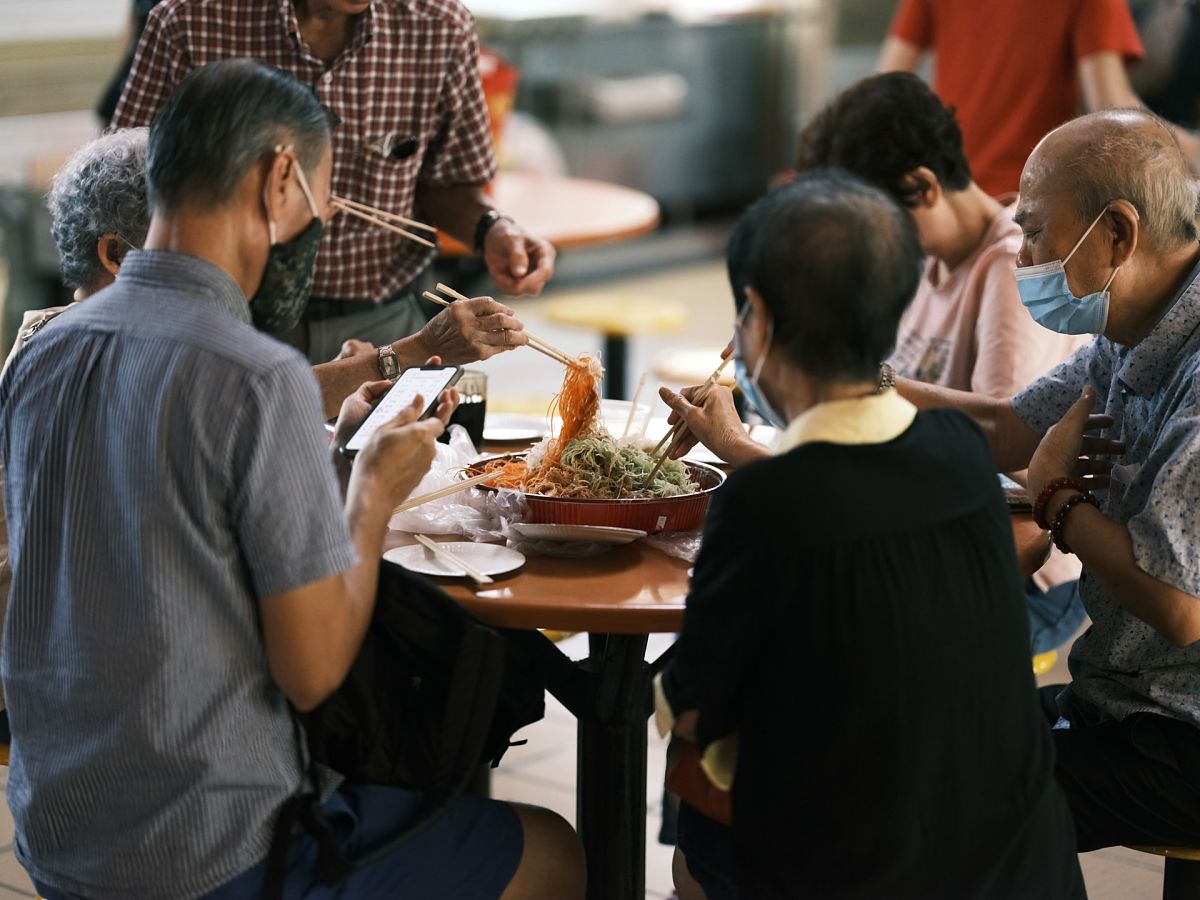
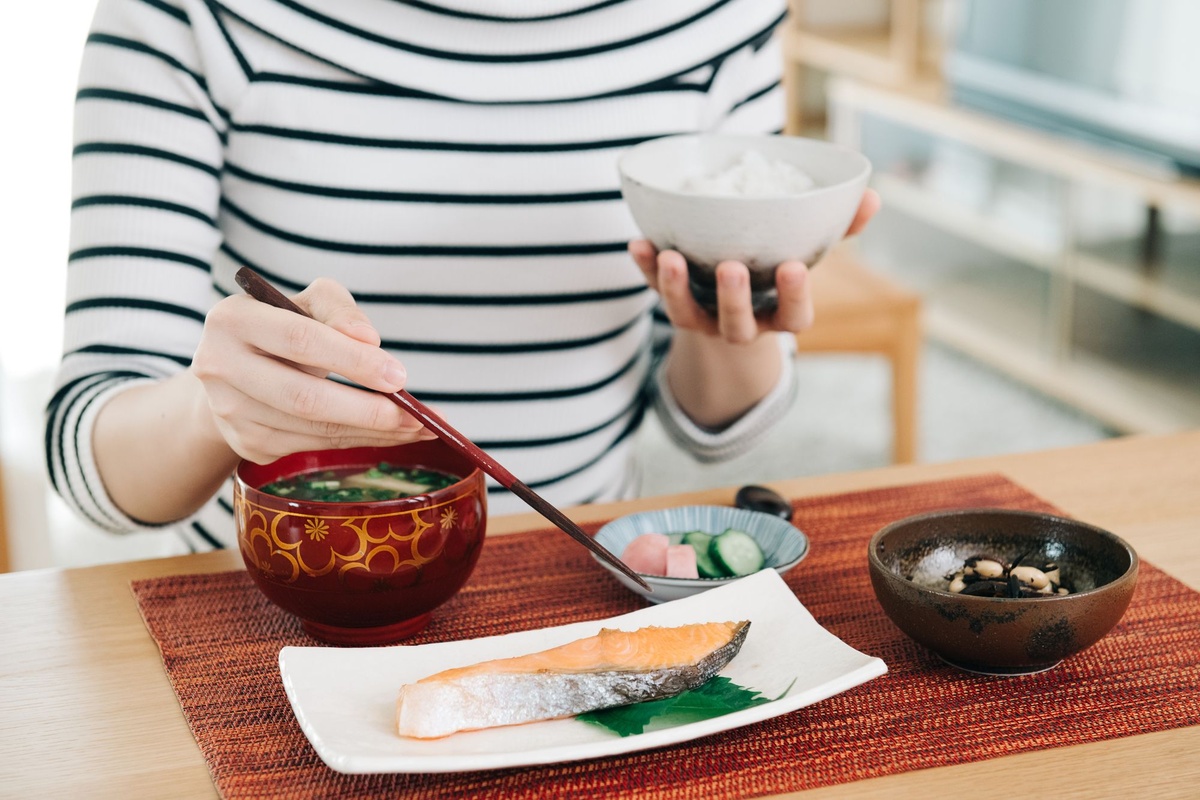
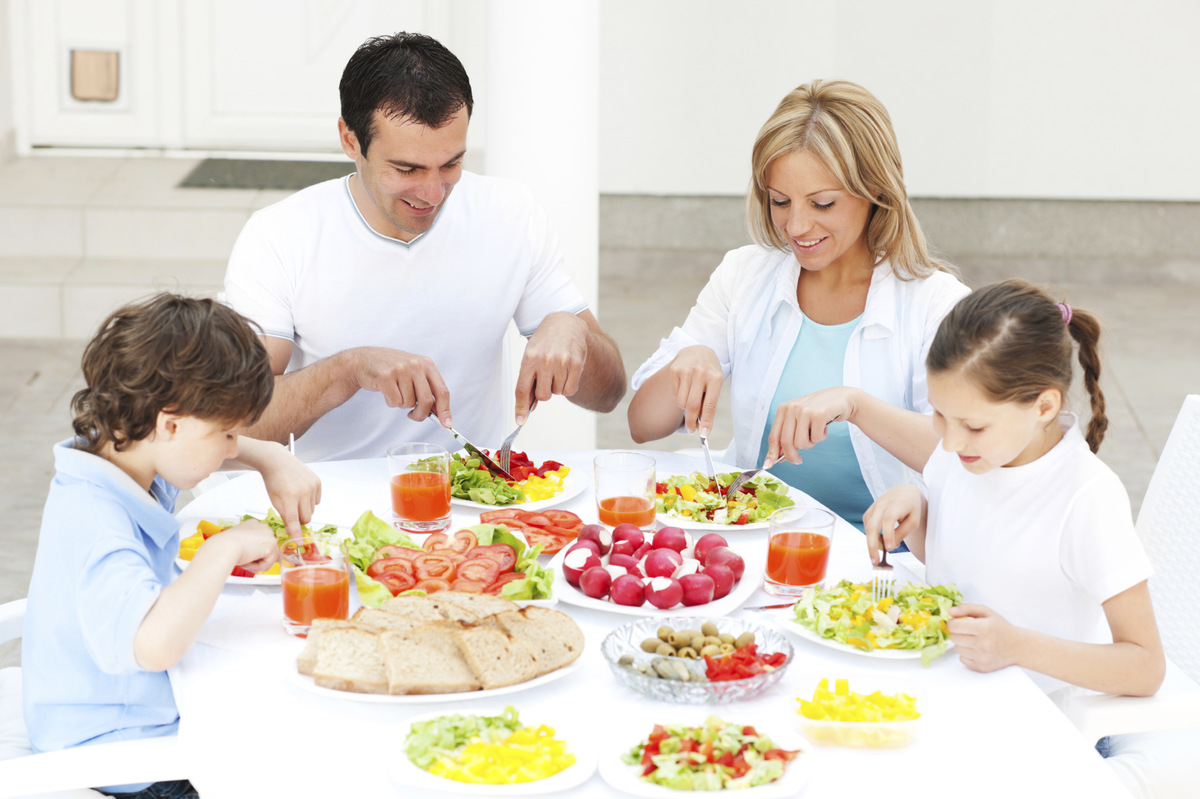
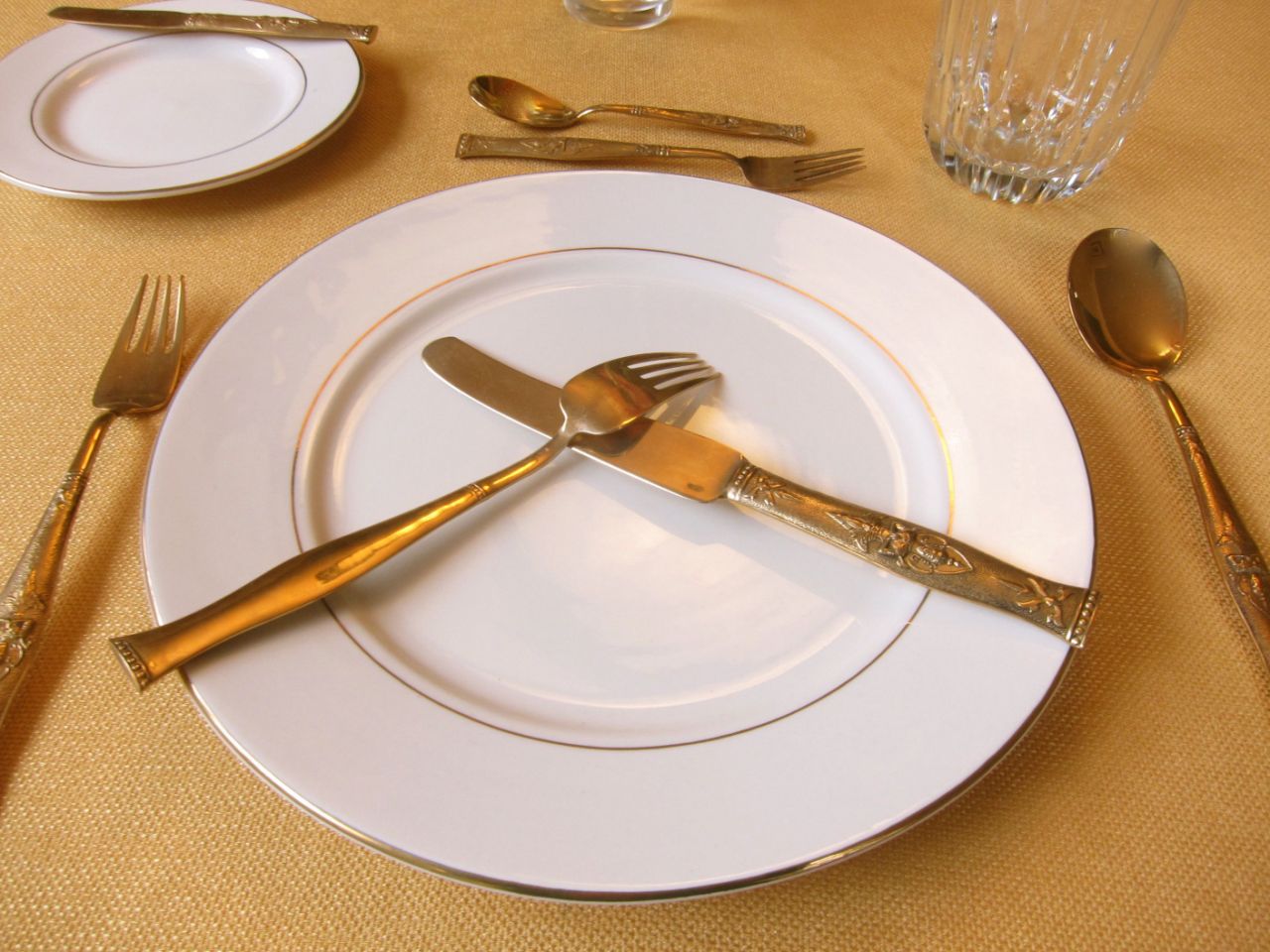
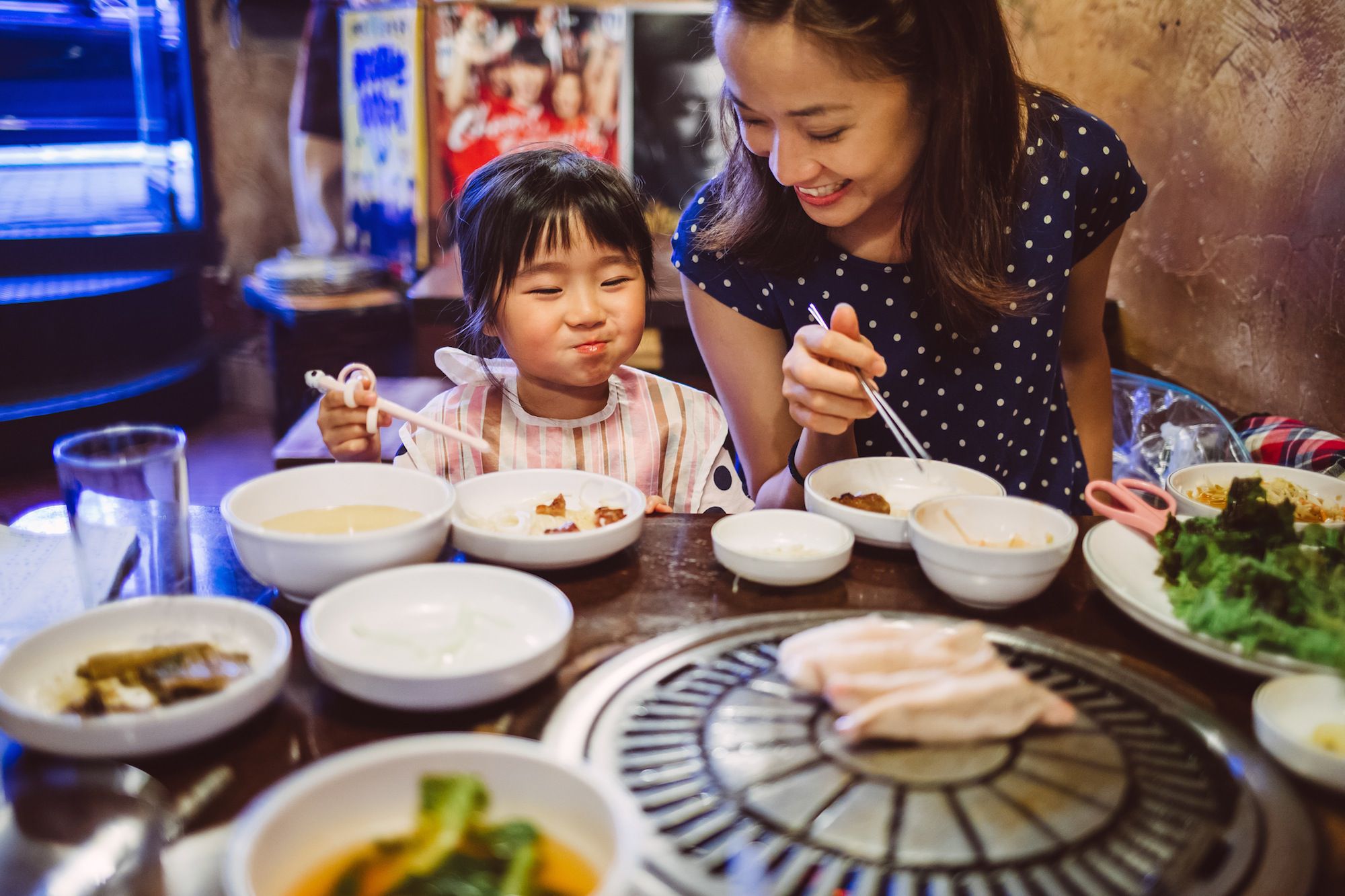
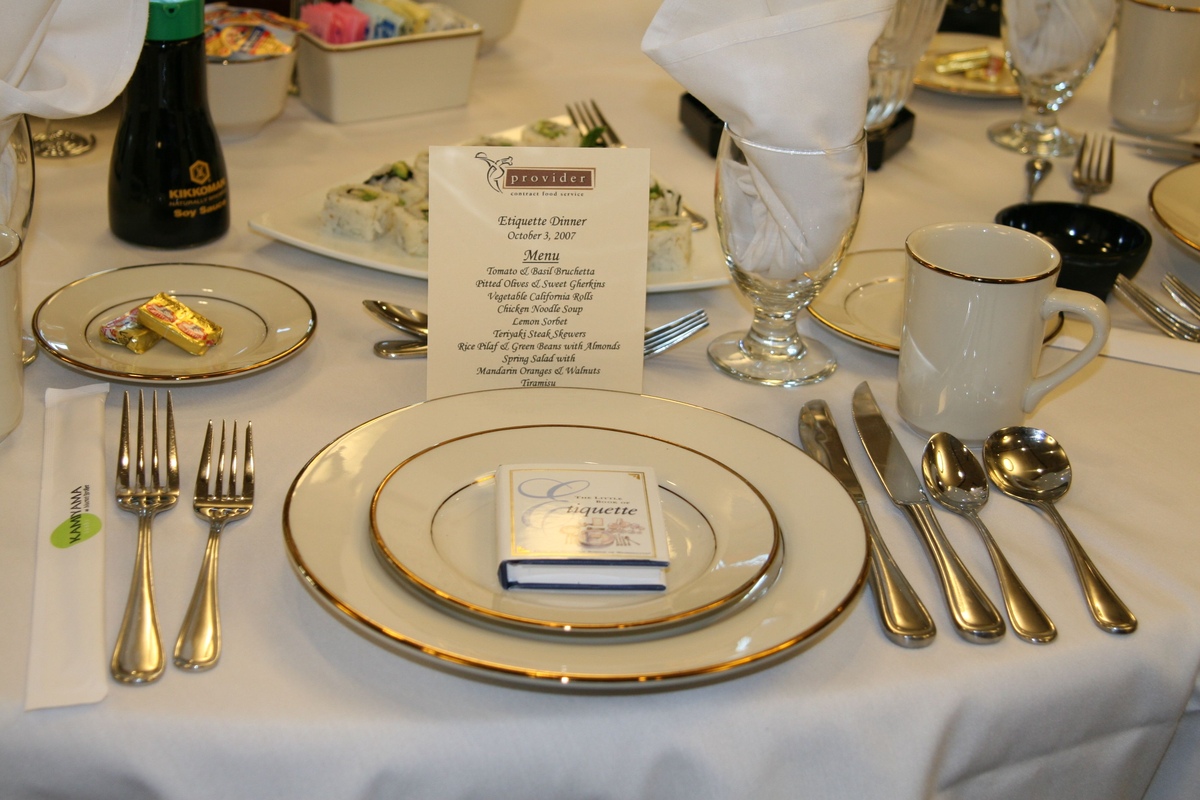



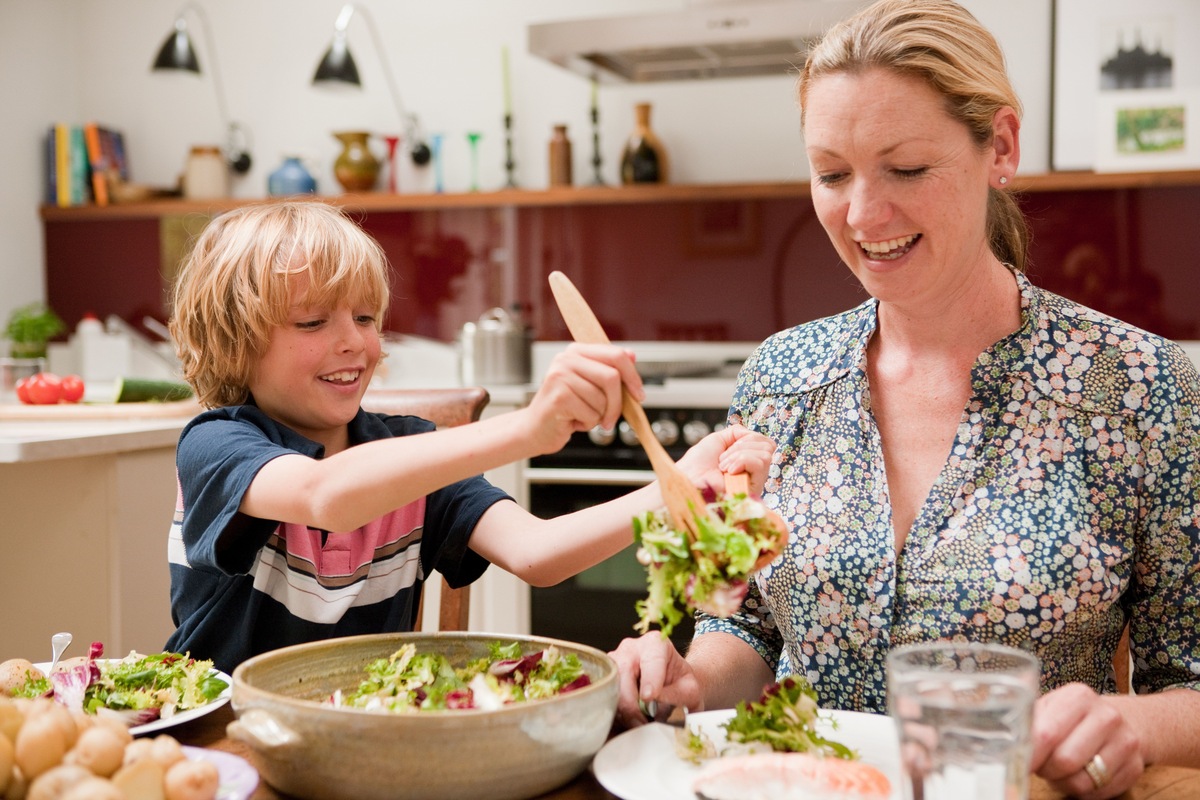
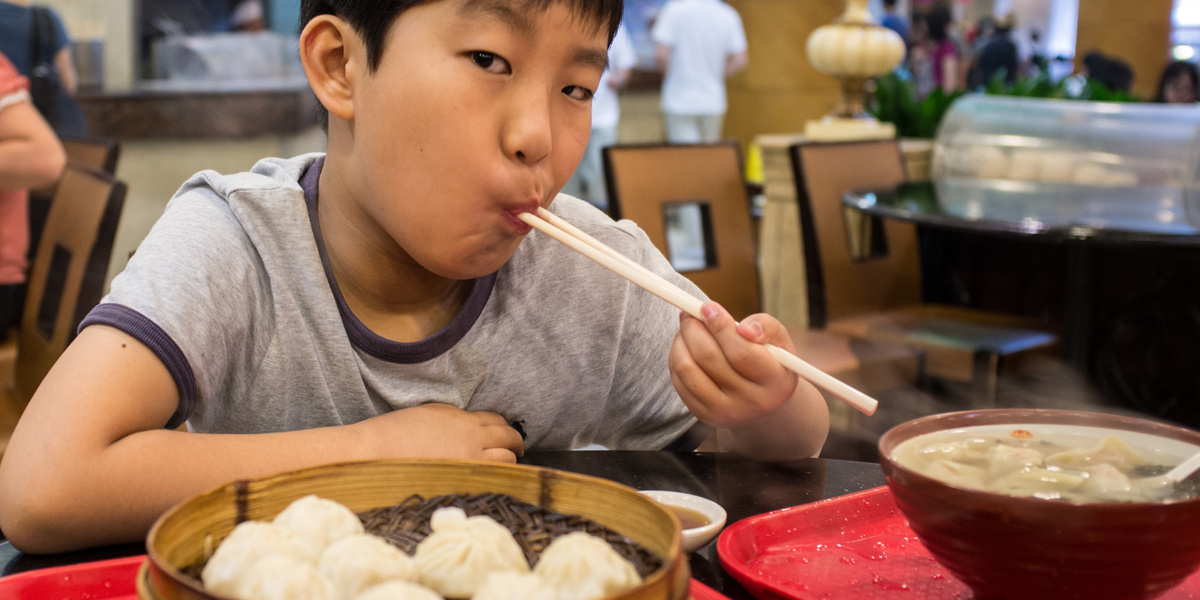

0 thoughts on “What Are Bad Table Manners?”